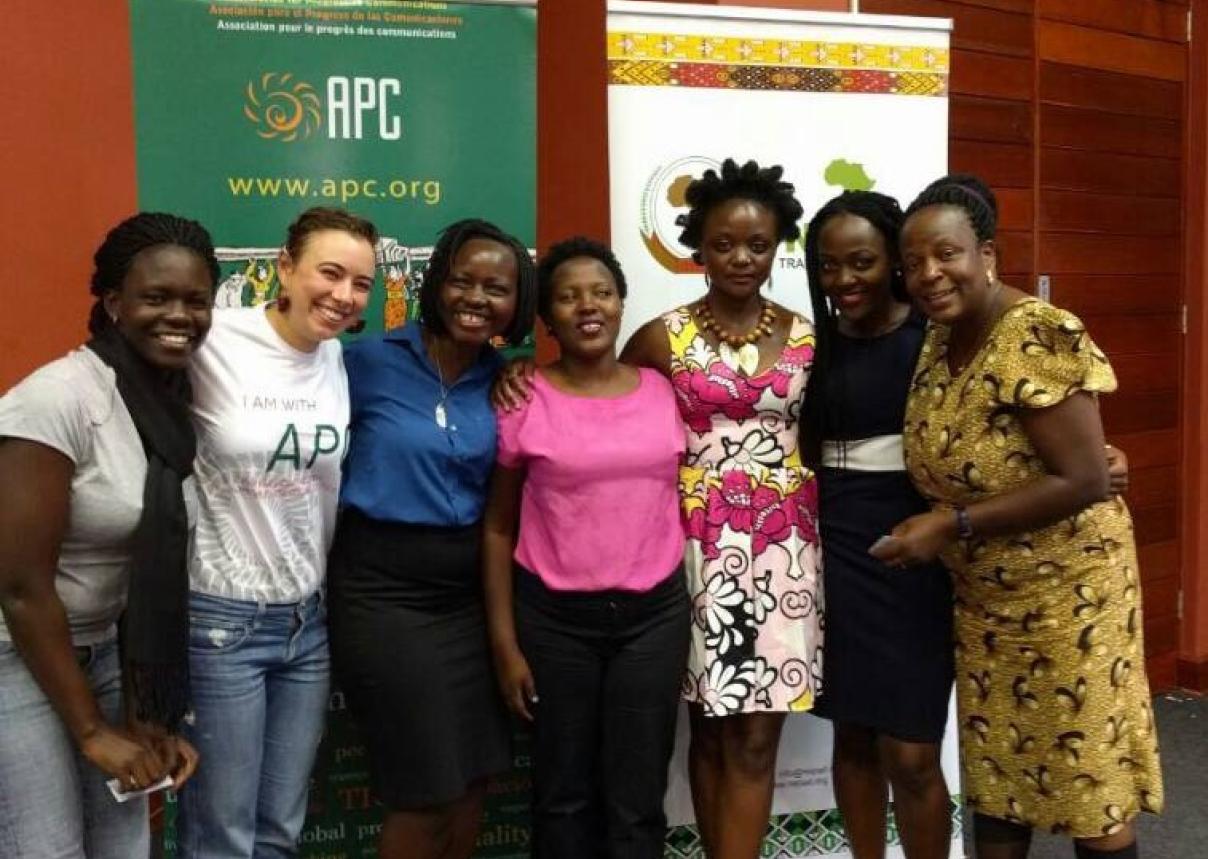
At the core of policy formulation and implementation processes lies the need to have diverse groups of stakeholders to make relevant input into the policy making process. Policy making is thus not only a preserve of the government, normally set within the framework of the top-bottom approach, but rather the contemporary environment contends that for policy formulation and implementation to be successful, a bottom-up approach is critical, as it endeavours to undertake a wider consultative process that enriches the entire process.
Decision making processes must ensure that women actively participate and that women’s central issues get fully discussed in such forums. Gender-responsive programming at government ministries, agencies and departments should also ensure that gender norms, inequalities and stereotypes must be considered in such processes – but more importantly, measures must be taken to address them in more substantive forms. The Women of Uganda Network (WOUGNET) over the years has championed the need to increase and build the capacity of women in ICT policy and decision making processes for the realisation of women’s rights. Part of this initiative has seen WOUGNET and APC train more than 14 Ugandan women and men in Gender and Internet Governance eXchanges (gigX) in addition to their active participation in the African School on Internet Governance (AfriSIG), which prepare them to eventually engage with practitioners in the African and global Internet Governance Forum (IGF) spaces.
At the most recent Forum on Internet Freedom in Africa (FIFAfrica), a debate ensued among women’s rights activists in one of the panels of experts on “gender-responsive policy models”, especially on the relevance of this engagement at the local, national and global levels. The panel of experts that were involved included organisations such as APC, the World Wide Web Foundation, Research ICT Africa, WOUGNET and Paradigm Initiative Nigeria, who investigated, among other issues, why policies must be gender-responsive, the gender digital gap, and universal access plans, including key lessons learned and the vision moving forward as far as women’s empowerment on the web and gender-responsive ICT policy processes were concerned. The need to build capacity, raise awareness and set realistic, time-bound targets and indicators to measure progress were deemed critical.